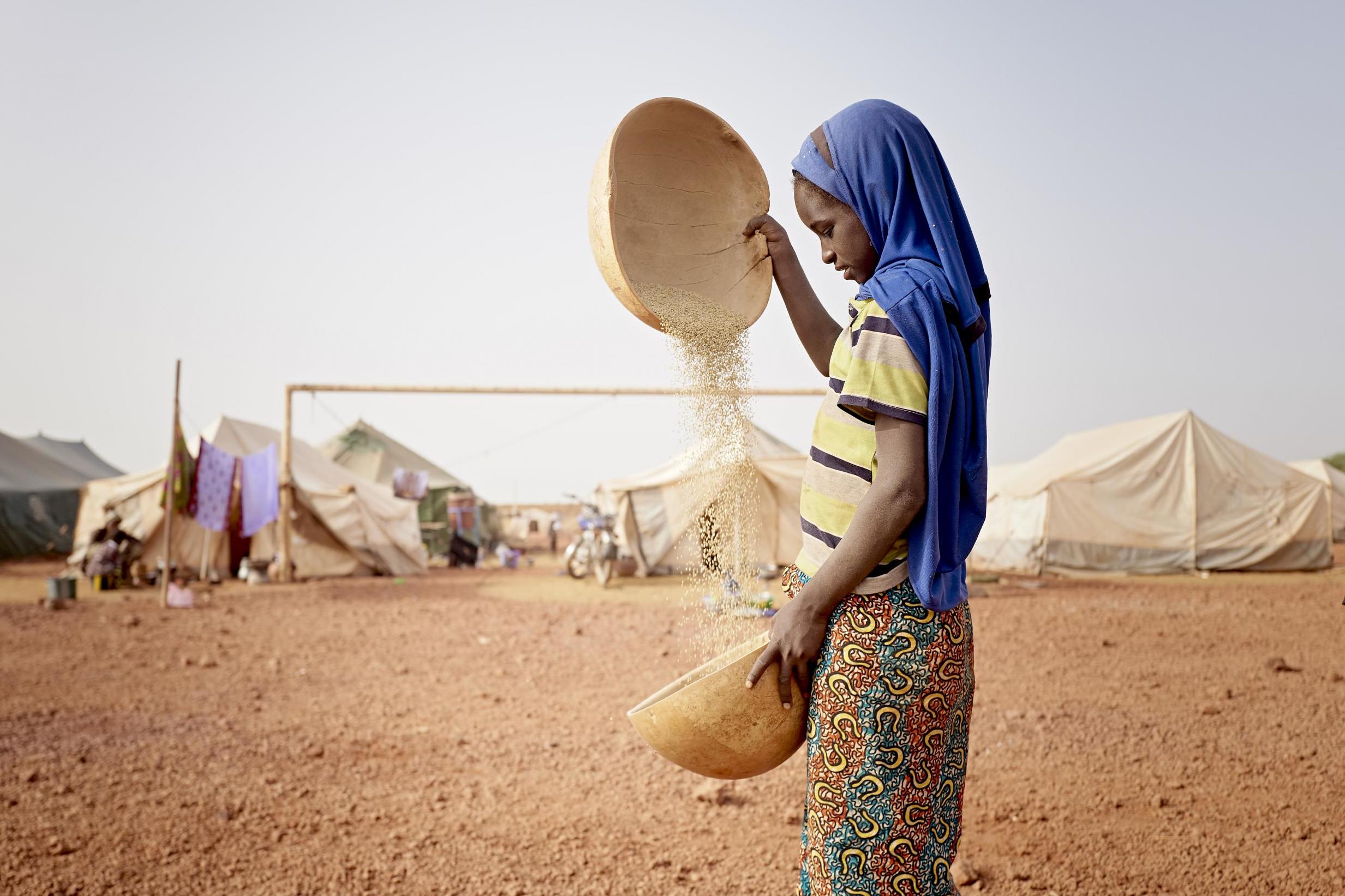Rising violence, girls enslaved and burnt holy books: The grave legacy of Mali’s cruel Islamist law
As the head of Timbuktu’s religious police goes on trial for war crimes, Kim Sengupta retraces his own steps in the west African nation, where a new Islamist resurgence is beginning to take hold

It was a day of exuberant, boisterous relief. Music, traditional and modern, filled the air. People danced and sang in the streets wearing their most colourful clothes, while others prayed in hitherto banned shrines. Timbuktu was celebrating its deliverance from the shackles of cruel and oppressive Islamist law.
It was 2013. The crowds had come out for François Hollande, who had arrived in the wondrous city after it had been freed by his country’s forces. They chanted his name and threw flowers on his path. The French president, in a dark suit and tie, which looked incongruous in the surroundings, was seemingly taken aback by the scale of the reception. He walked through the city, waving, surrounded by a tight security phalanx.
Hollande spent three hours and 48 minutes on the ground, along with French, Malian and UN officials before they all left in a swirl of helicopter dust. He visited the mosque of Djingareyber, an architectural masterpiece made out of mud 700 years ago, and the Ahmed Baba library where the Islamists had carried out their last act of vandalism in the name of religion before leaving the city, burning priceless historic manuscripts.
Subscribe to Independent Premium to bookmark this article
Want to bookmark your favourite articles and stories to read or reference later? Start your Independent Premium subscription today.
Join our commenting forum
Join thought-provoking conversations, follow other Independent readers and see their replies